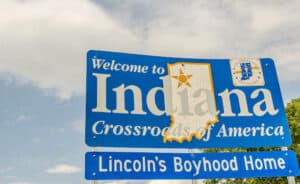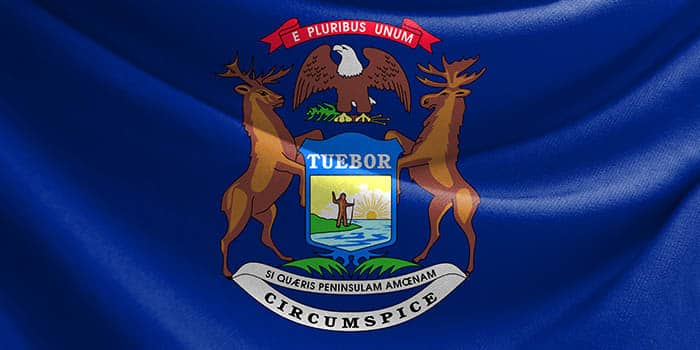- Casino
- By State
- Alabama
- Alaska
- Arizona
- Arkansas
- California
- Colorado
- Connecticut
- Delaware
- Georgia
- Florida
- Hawaii
- Idaho
- Illinois
- Indiana
- Iowa
- Kansas
- Kentucky
- Louisiana
- Maine
- Massachusetts
- Maryland
- Michigan
- Minnesota
- Mississippi
- Missouri
- Montana
- Nebraska
- Nevada
- New Hampshire
- New Jersey
- New Mexico
- New York
- North Carolina
- North Dakota
- Ohio
- Oklahoma
- Oregon
- Pennsylvania
- Rhode Island
- South Carolina
- South Dakota
- Tennessee
- Texas
- Utah
- Vermont
- Virginia
- Washington
- West Virginia
- Wisconsin
- Wyoming
- By State
- Slots
- Poker
- Sports
- Esports
Academic Report Dissects Regulated Sports Betting in the US

As regulated sports betting in the US continues to expand into new states, an academic team led by John Holden of Oklahoma State University is coming up with research on the subject titled “Legalized Sports Wagering in America.”
Analysis of Regulated Sports Betting
In the academic paper that will soon appear in the Cardozo Law Review, the team also comprising Marc Edelman, professor of law at City University of New York and Keith Miller, distinguished professor at Drake University Law School, provide an expert-level analysis of the markets for regulated sports betting with a focus on developments after the decision of the US Supreme Court in 2018 that struck down PASPA as unconstitutional.
The authors of the academic paper examine the different forms of regulated sports betting markets available at present across the 35 states which allow wagering on sports in one way or another such as in-person, online and mobile sports betting and are not shy to point the finger at what went wrong, where it went wrong and why it went wrong.
Official Sports Data
Central to the analysis are the sports leagues and their involvement in the legal process to ensure a share of the spoils in the form of data rights once the market goes live and the team touches on the subject of sports data ownership.
According to Holden, who is cited by SportsHandle speculating that the professional leagues are selling something they do not own, managed to convince legislators to brand it as “official data” and made sure they are the only ones capable of providing it creating for themselves a “monopoly over the collection and sale of sports statistics to gaming operators.”
The team also examined the tactics of moving goalposts with regard to the objective of legalizing sports betting, arguing that the initial goal of keeping the money that goes to offshore companies was slowly replaced by maximizing tax gains, an idea that fully materialized in New York, but is totally different from the competitive model adopted by states such as New Jersey and Iowa, where completion is only at face value as the big boys hold the lion’s share while the rest are fighting for breadcrumbs.
Summary of Other Issues
Holden and his team also outlined specific areas, such as the close link between regulatory staff and the industry which leads to favorable laws for the big players and professional teams, protection of individuals where there is more to be done, education for athletes to protect them from getting involved with gambling-related match-fixing, the lack of enough competition in sports data provision which results in latency in live betting, as well as an increase in the number of licenses to boost the level of competition.
With 5+ years of experience as an analyst, Julie—affectionately known as 'Jewels' in the office—has quickly become our go-to expert in the forex and cryptocurrency space. Her keen attention to detail and deep understanding of the industry make her an invaluable asset. Julie's expertise and enthusiasm have made her the top choice to co-pilot educational initiatives alongside Mike, bringing knowledge to the masses.
Must Read
Industry
June 27, 2025
Las Vegas Sphere Bashed for Charging $170 for Pizza
Industry
June 30, 2025
New Zealand Presses On with iGaming Legislation

















